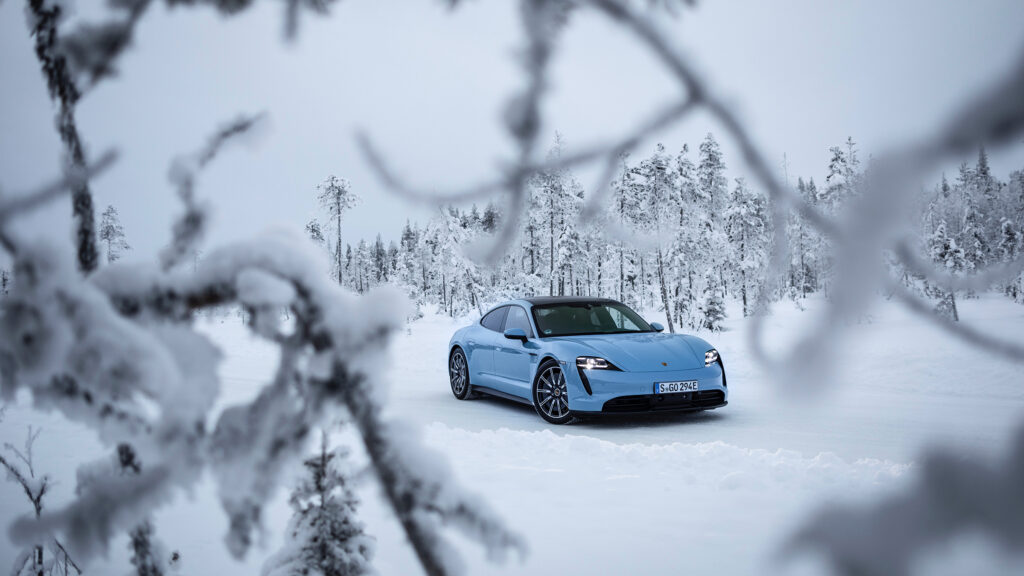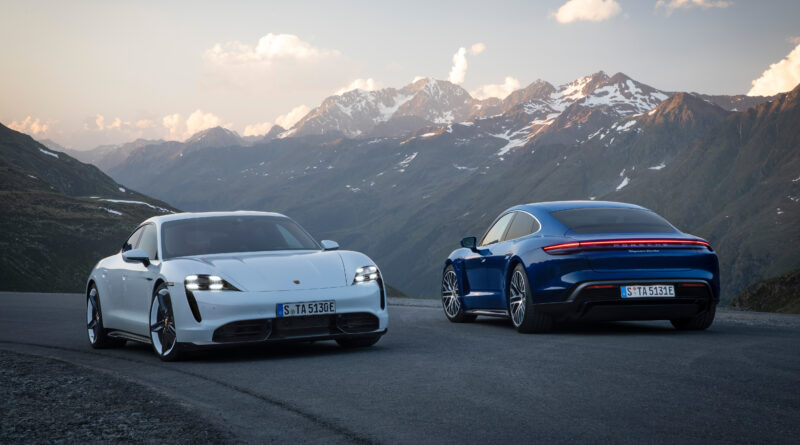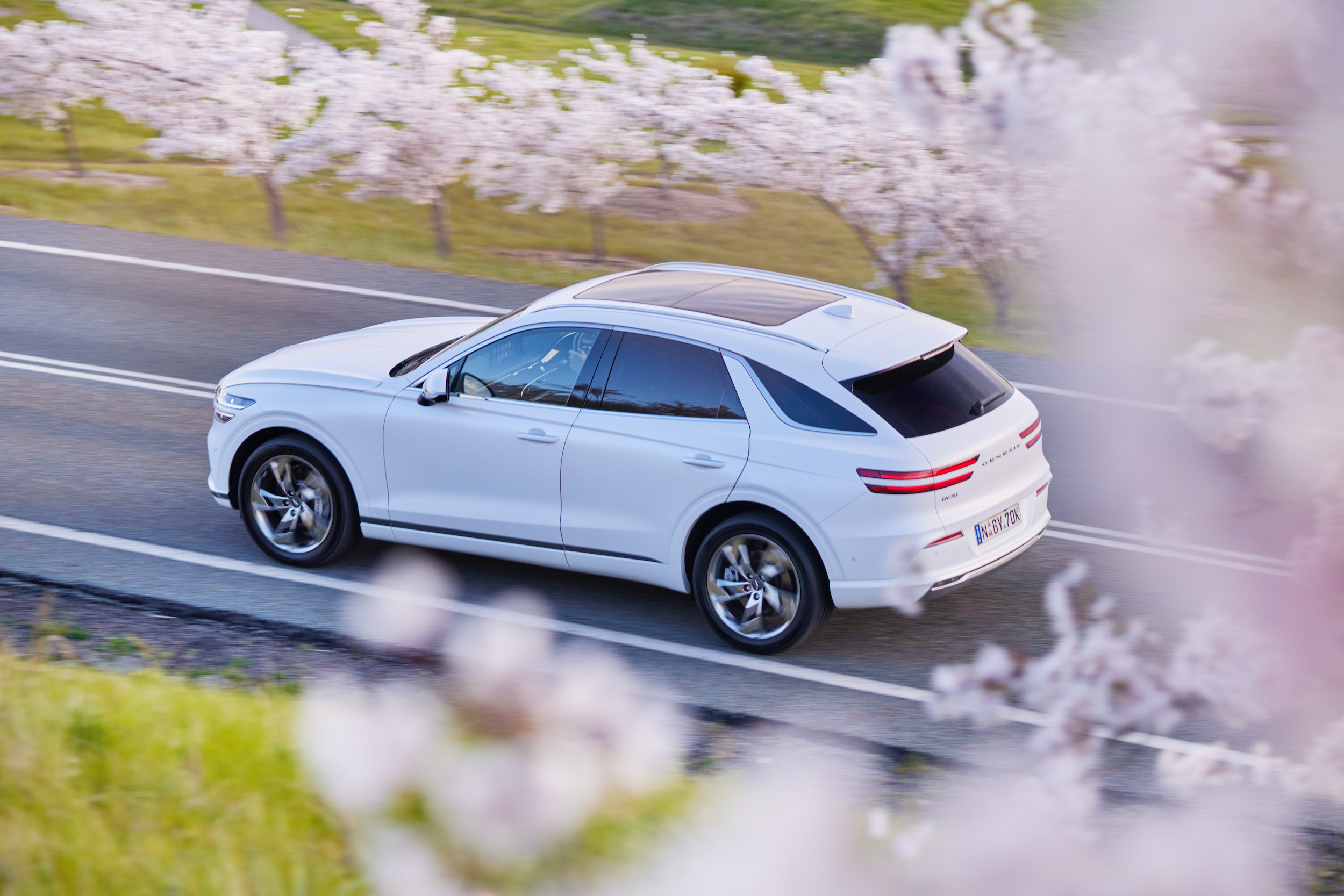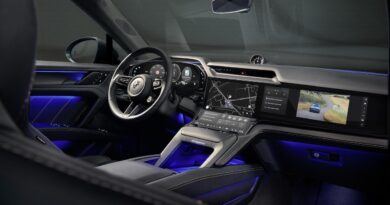Taycan EV is Porsche’s best-seller in Europe
Still thought Porsche was the 911 company? The Taycan, the brand’s first all-electric effort, was Porsche’s best-selling model in Europe last month.
Figures released by market analysis firm, Jato Dynamics, show the Taycan – costing from $190,400 – $338,500 in Australia before on-road costs – secured almost a quarter of all new Porsche sales in August.
Numbers reveal 1,183 Taycans went to new homes against 1,097 911s, 771 Cayennes, 646 Macans, 554 Cayenne Coupes, 517 Cayman/Boxsters and 278 Panameras.
With Porsche clearly cannibalising some of its own sales, buyers of the brand look to have shifted away from the 911 (down 37 percent), Macan (down 62 percent) and most strikingly the Panamera (down 71 percent); the latter being the closest body style to the Taycan’s.

With Australian Taycan order books already open and deliveries expected in December, it will be intriguing to see local uptake of the all-new battery-powered Porsche.
We Aussies have hardly been rapid on EV uptake, and cast your eye over any car park and you’ll notice SUVs are by far our favoured transport and not the sleek sedan shape of the Taycan.
But Porsche buyers typically don’t mind embracing the latest technology – and paying for it – especially if the model stays true to the badge’s ethos of going quick in a straight line and around corners. Certainly our overseas test of the Taycan showed it delivered in these integral areas in spades.
Latest Australian Porsche sale figures show the Macan SUV is the brand’s runaway best-seller in 2020 so far. Its 1,373 sales are more than every other Porsche model combined. The grand tourer Panamera has found just 13 new owners this year.
The Taycan’s sales success means it is the 15thbest-selling electric car in Europe despite its hefty price tag.

Jato Dynamics reported EV registrations (full electric, plug-in and hybrids) in Europe reached record volumes in July, accounting for 18 percent of passenger cars volume.
While overall car sales were down 4 percent over July 2019 due to the coronavirus pandemic, Felipe Munoz, global analyst at Jato Dynamics, said the appetite for electric vehicles bucked the trend.
“July 2020 was a record-breaking month for EV registrations with volume up 131 percent year on year to 230,700 – the first time that these vehicles were bought by more than 200,000 consumers in a single month,” he said.
By way of comparison, July 2020’s EV market share of 18 percent compared to 7.5 percent in July 2019 and 5.7 percent in July 2018.
Demand soared 89 percent for hybrid cars, plug-in hybrids were up 365 percent from July 2019, while pure electric car (BEV) registrations jumped from 23,400 units in July 2019 to 53,200 in July 2020. In the course of that year, BEV options increased from 28 different models to 38.
Best-selling BEV in Europe for the month was the Renault Zoe (9,280 sales) followed by the Hyundai Kona (4,405) and Volkswagen Golf (4,094).

On the plug-in hybrid front the Ford Kuga led the way (6,366 sales) ahead of the Mercedes A-Class (3,454) and Volvo XC40 (3,453).
Hybrid sales had the Toyota C-HR out front (10,571 sales) with the Toyota Corolla second (10,345) and then the Ford Puma (7,681).




